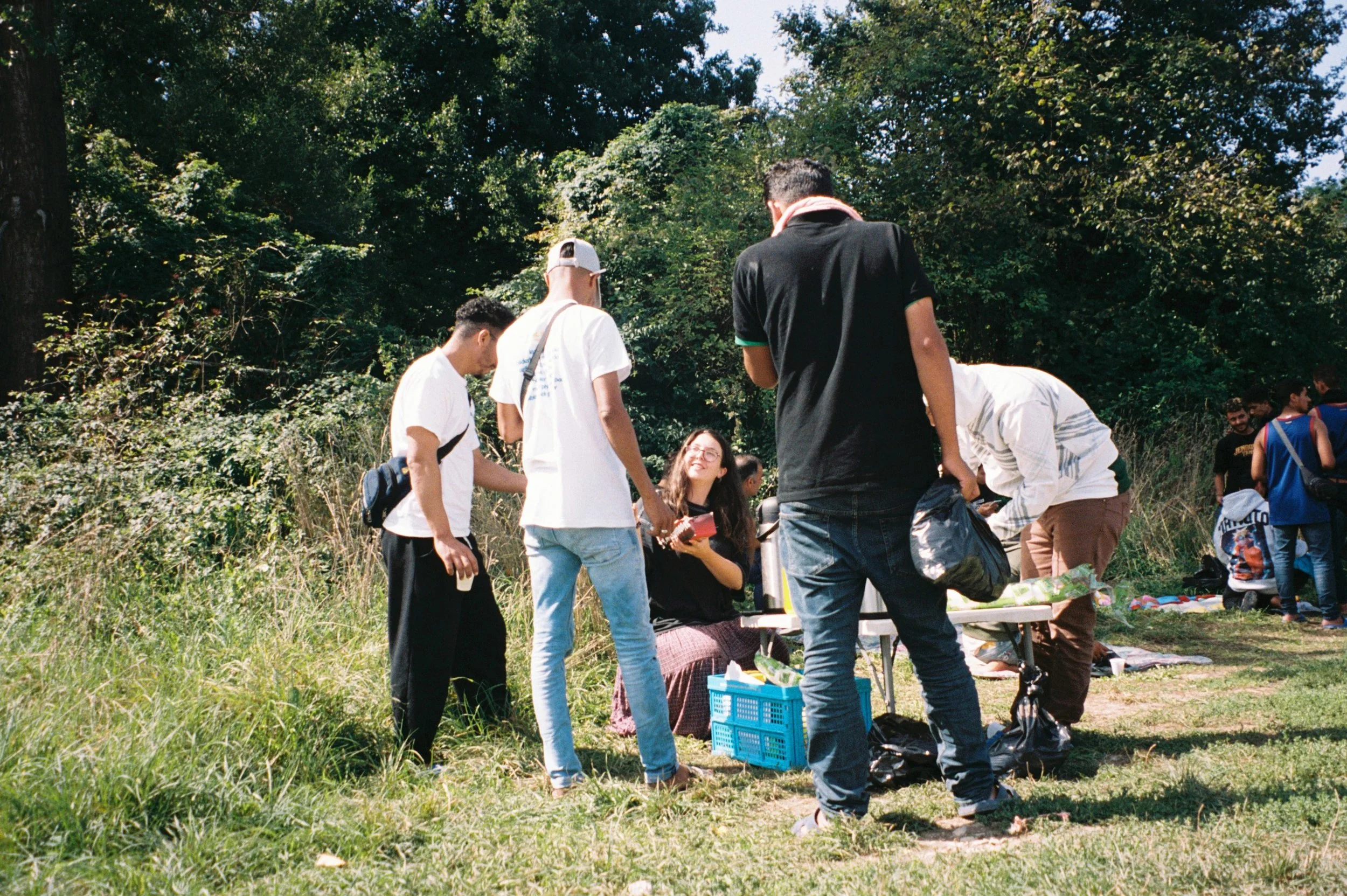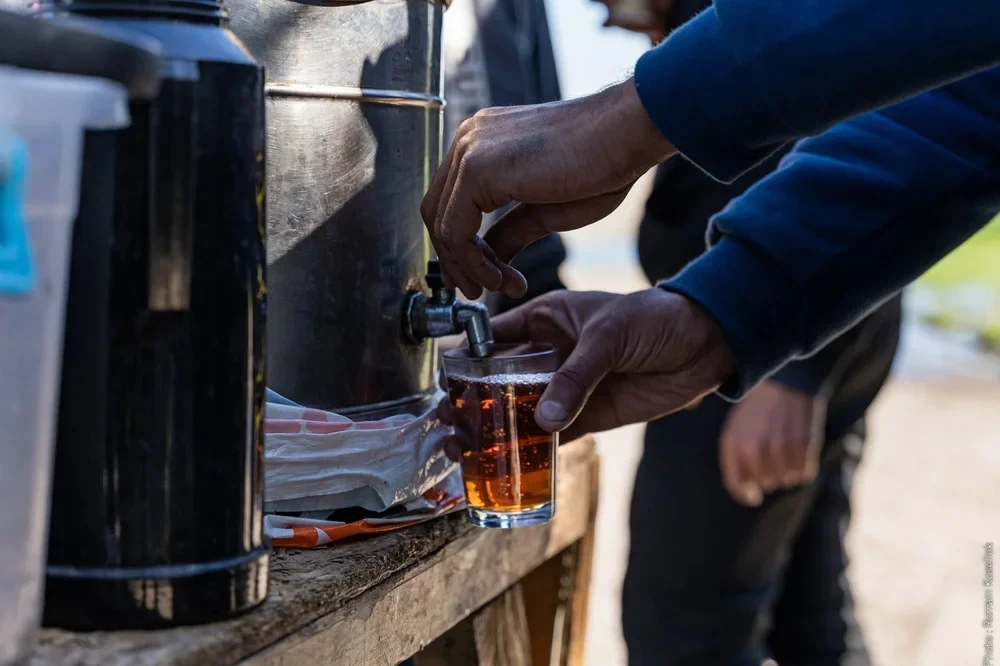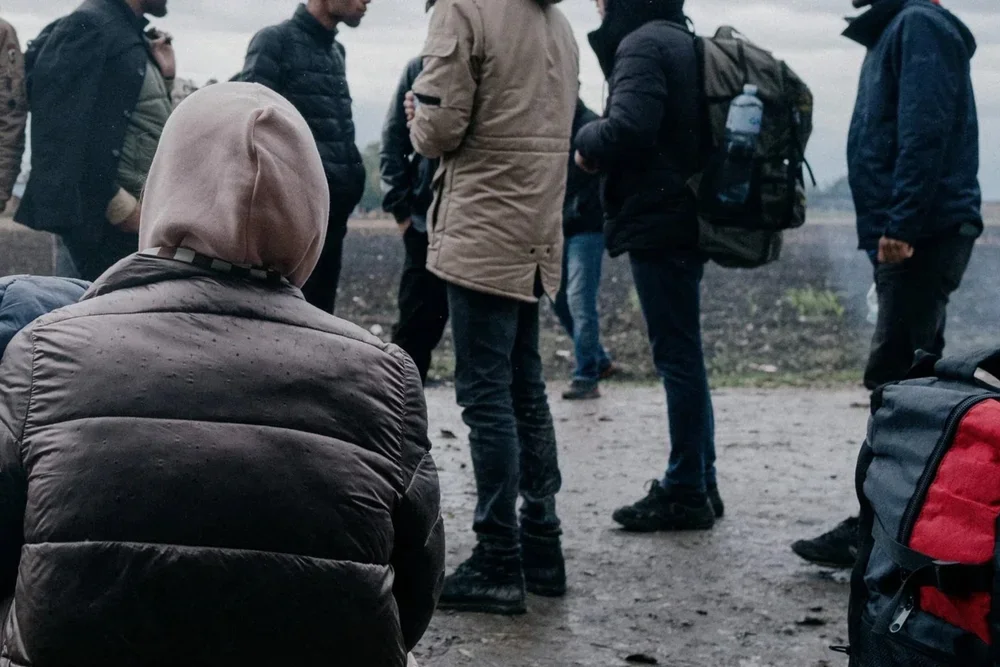Across borders, people are pushed into danger through neglect, deterrence, and the slow erosion of civil society. The community networks meant to support people are stretched thin, criminalised, or forced to withdraw.
Collective Aid exists to build a different system, one that protects lives, makes violence visible, and ensures communities are not alone.






